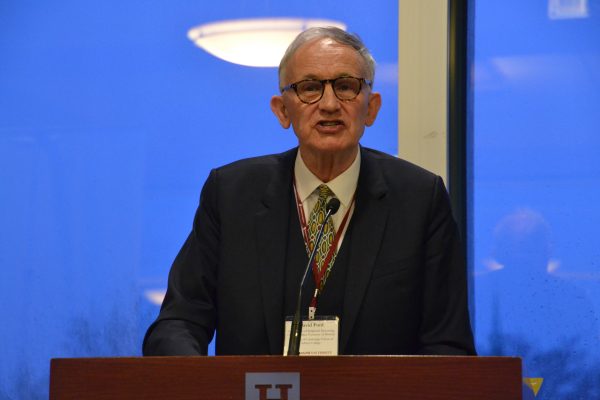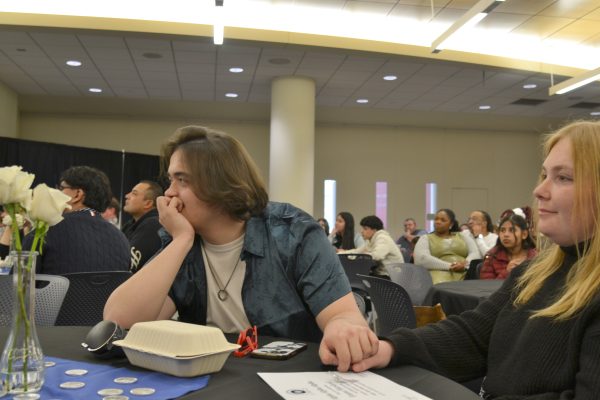Union negotiations go into mediation
Hamline’s adjunct union is still negotiating salary with university representatives and now a third party.
December 13, 2015
Over the last year and a half, Hamline’s union of adjunct professors have had weekly negotiations with administration to bargain over aspects of the part time position, but the last few months have been especially slow going. The negotiations have recently gone into mediation in order to help both sides come to an agreement.
Determining a salary for the adjunct professors has proved to be the most difficult part of bargaining thus far. For the past ten years, adjuncts have been paid $4000 to teach one class, which puts Hamline below other ACTC schools such as Macalester College and the University of St. Thomas, who both pay their adjuncts at least $5000, but above schools such as Bethel University that pays its adjunct professors $3800.
While an email sent out by President Fayneese Miller regarding the negotiations called this salary “a competitively fair offer,” union representative and adjunct religion professor, David Weiss, calls it a “slap in the face.”
Weiss also thinks that Miller’s email misrepresented the adjuncts and “distributed inaccurate and misleading information,” because she is not involved in the negotiation process.
Weiss felt that Hamline was not living up to its mission statement when it comes to the adjunct faculty. Former President Linda Hanson increased the president’s salary to above $400,000 in her years as president, while not giving adjuncts a raise. Weiss believes that this is not in line with Hamline’s values of social justice and civic responsibility.
“We are the most easily exploitable workforce at Hamline,” Weiss said. “and Hamline has exploited us as much as possible.”
Matachek said that Hamline’s offer was “competitively consistent for the market,” and an increase would “put a strain on the university’s finances,” but that a pay increase for adjunct professors would not necessarily be reflected in tuition prices.
As far as mediation, Matachek said that he is “very hopeful that we can come to an agreement,” and that mediation might help with that.
Mediation involves a third party who acts as a go-between for both parties. A mediator is able to see the whole picture and help each side get what they want.
Weiss said as well that mediation could be a good thing and may “open some doors,” but not much progress has been made so far.
In an effort to provide students with the union’s perspective, Weiss sent a letter to HUSC president Eric Yeakel that was distributed to representatives in HUSC. Yeakel welcomed union representatives to speak to the student body at HUSC’s General Assembly meeting on Tuesday.
Pipervision has recorded the representative’s talk as well as Matachek’s address at the General Assembly the previous Tuesday, Dec. 2.
Most of the non-economic aspects of the negotiations have been “tentatively agreed upon,” said interim-Provost John Matachek, who sits on the university’s side of the bargaining table. Both sides are in favor of enacting a “good faith consideration” policy to provide more job security for the adjunct professors. According to Matachek, this means that if an adjunct has been teaching a course at Hamline for a few years, they will be the first person the university reaches out to if that class is to be taught in the future. Contracts would also be made five to six months in advance of the class being taught, as opposed to the current one to two months. This agreement would make Hamline the only university in the ACTC program that offers job security to adjunct professors.





